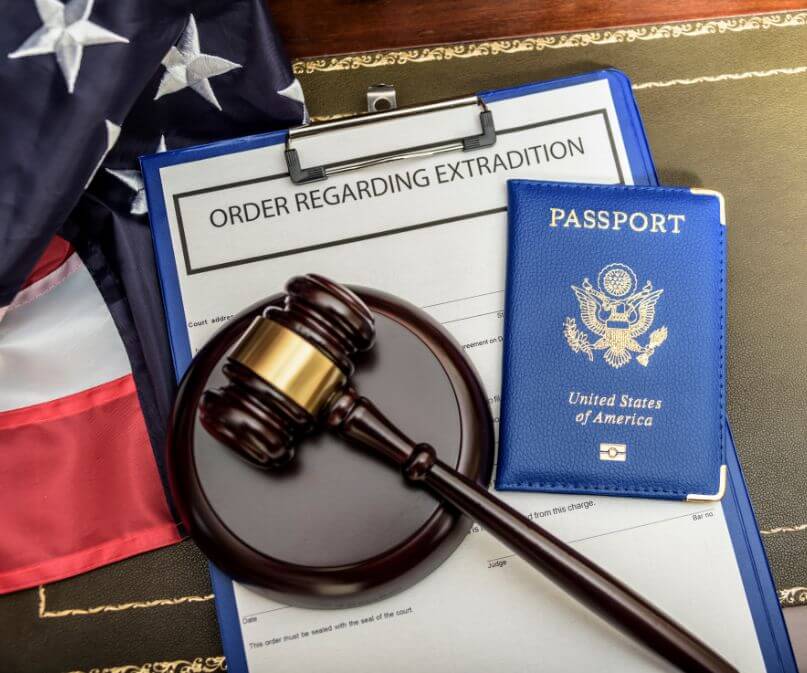
Hiring a Lawyer for a Removal Proceeding (Deportation Hearing)
If you or a family member is facing removal from the United States, you’ll need an attorney to fight the case. Here’s what to expect.
There are two major misconceptions that people facing deportation or removal proceedings have. They tend to think either that:
- “The judge will help me if I tell a sympathetic story,”
- “There’s no hope for me to stay in the U.S. anyway, so why hire an attorney to help?”
Both these ideas are, while understandable, misguided.
Why You Shouldn’t Count on the Immigration Judge For Help
Immigration court proceedings are less formal than normal court proceedings. No jury will be present, less scripted legal language needs to be used, and everyone generally understands that the immigrant may not be familiar with American legal procedures. The immigration judge (IJ) is expected to act in an impartial manner. That means that he or she is not supposed to automatically side with the attorney who will be there for the Department of Homeland Security (DHS), but to consider both the DHS’s arguments and the immigrant’s before coming to a decision.
That is where the good news ends, however. The IJ is not going to think up legal arguments for you, nor help you present your case. The judge may not even know about circumstances in your case that might warrant a favorable decision or an exercise of discretion — and, with a busy court docket, probably doesn’t have the time to interview you and find out.
In short, if you show up in court with a charge of being removable — perhaps because you are in the United States without authorization, or got convicted of a crime after obtaining your green card — and you can’t come up with any reason why you shouldn’t be deported other than, “I work hard and have a family here,” the judge will have no choice but to deport you. (This doesn’t happen at the first, master calendar hearing, however. At that time, the judge will no doubt strongly urge you to get an attorney to help you figure out whether you have any defense against deportation.
How a Lawyer Might Help You Present a Defense
An attorney will, before the hearing, spend the time to discover whether the DHS charge against you is correct and whether any particular circumstances in your life would warrant defending your deportation. Because of complexities in the immigration laws, these possibilities may not be apparent to you, even after reading up on immigration law matters. The attorney may, for example:
- argue that the charge against you is false (for example, that the crime you committed does not match any of the grounds of removability found in the immigration laws)
- show that you are actually a U.S. citizen, thanks to a U.S. citizen parent or grandparent
- argue that you qualify for asylum because you have experienced or reasonably fear you would face persecution if returned to your home country
- ask the judge to grant you a green card because you are either the immediate relative of a U.S. citizen or a “preference relative” with a current priority date and available visa number, or
- help you present an application for cancellation of removal, which makes a green card available to aliens of good moral character who have spent a number of years in the United States and have close ties here, or
- ask for an exercise of prosecutorial discretion, arguing that because of your good character and family and other ties, the DHS should — even if you have no actual right to a green card — close your case and refocus on people who present some real threat to U.S. society.
Even if you believe that you might qualify for one of these defenses or applications, an attorney can help you make the strongest argument possible. The attorney will fill out any required forms, help prepare exhibits (documents backing up your statements), draft legal briefs arguing the case, and prepare you and any witnesses for the court hearing.
Even if the judge denies the case, having a solid amount of information on the record will make your chances of a positive decision on appeal much stronger. After all, this is your one and only chance to fully present your testimony and legal arguments. Appeals do not give you a chance at a whole new review of your case — they just focus on whether the immigration judge made the right decision given the information presented to him or her.
Unfortunately, immigrants are not eligible for free legal representation from the U.S. government. There are often ways to talk to an attorney at the first deportation hearing, but the immigrant must hire an attorney to represent them in subsequent hearings. But they should do their best to muster up enough money to pay a lawyer.
Immigration lawyers tend not to charge as much per hour as, say, corporate attorneys. Low-cost services may be available from nonprofit (charitable) organizations that help immigrants and refugees.

